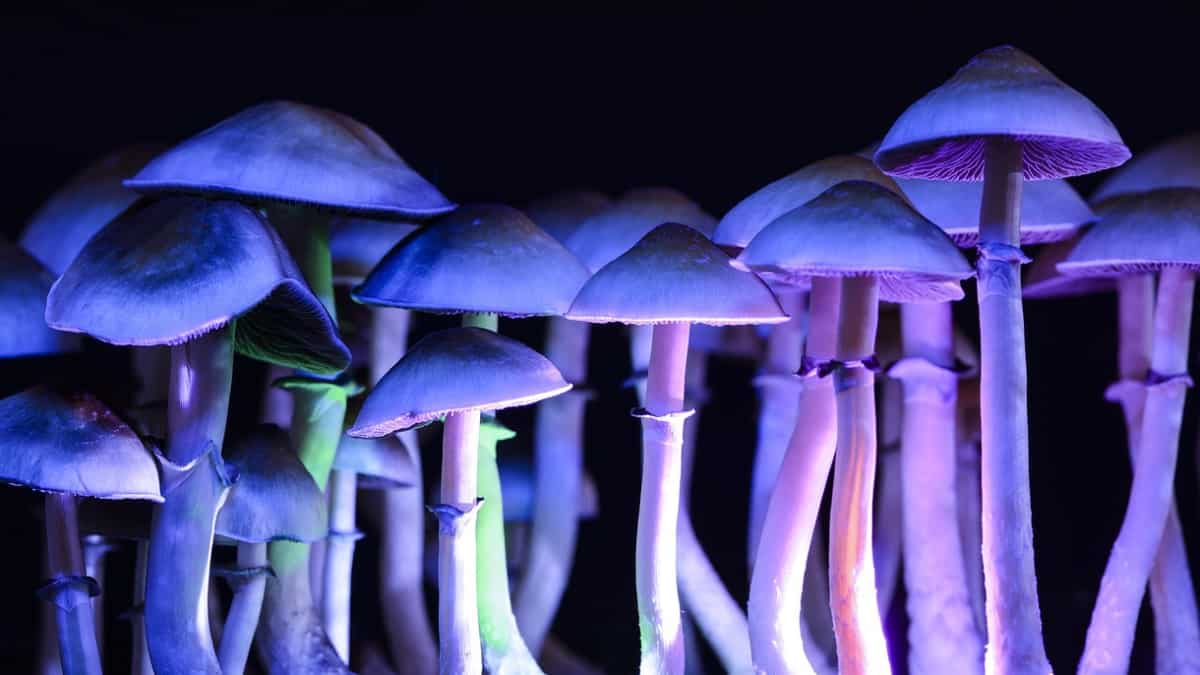“Magic mushroom” which is popular as a recreational drug and was decriminalised in Denver, Colorado, in 2019, contains psilocybin.
Research that examined data from 55 US poison centres between 2013 and 2022 found that calls to poison control centres increased nationwide among teenagers and young people exposed to psychedelic psilocybin following the decriminalisation and legalisation of psilocybin in several states.
“Magic mushroom” which is popular as a recreational drug and was decriminalised in Denver, Colorado, in 2019, contains psilocybin.
Decriminalising shifts the attention of law enforcement to other offences, but it does not make psilocybin legal. Denver was also the first city to legalise small quantities of marijuana in 2005, and it continues to advocate for drug policy reform.
Only two states have made it legal to buy, possess, and even grow magic mushrooms: Colorado in 2022 and Oregon in 2020, both of which legalised psilocybin.
Psilocybin, which is present in magic mushrooms, causes a psychedelic experience that includes euphoria and changes in the way a person perceives time and space.
Psychosis, delusions, hallucinations and agitation can also result from psilocybin usage. According to the Controlled Substances Act, psilocybin is classified as a Schedule 1 drug in the United States, which means it has a high potential for abuse and no recognised medicinal value.
Also read: ‘Cosmic dance of fire and ice’: ESA unveils marvellous photos of mysterious star system
According to the report, teenage psilocybin usage increased steadily starting in 2019. Serious medical consequences were encountered by several of these young individuals. In May 2019, Denver voters approved a ballot proposition to become the first city to decriminalise psilocybin, prompting a surge in calls.
Since then, psilocybin has also been decriminalised in a number of other places, including Seattle, Detroit, and Washington, DC. There is pending legislation in other states and cities.
The National Poison Data System recorded 4,055 cases of psilocybin-related exposures among youth aged 13 to 25 during the 10 years of the study.
Before legalisation in Denver took effect in 2018, there was little variation in the number of psilocybin-related cases across all age groups. The first legalisation occurred in 2019, coinciding with a significant annual increase in instances among 13 to 18-year-olds, and among 19 to 25-year-olds beginning in 2020.
In only two years, the number of psilocybin instances reported to American poison centres increased thrice among teenagers and twice among young adults when compared to 2018.
75.3% of the instances that were recorded for teenagers and 72.1% for young adults needed medical assistance, which included hospital or mental institution admissions.
(With inputs from agencies)
Legal highs, scary lows: Decriminalisation of `magic mushrooms` linked to rise in calls for help – WION
